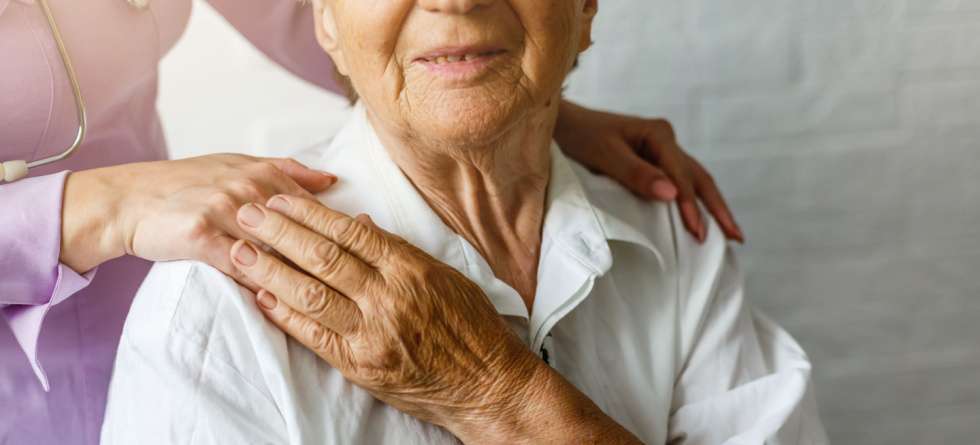If you are caring for a parent or loved one, you could be eligible to receive Social Security benefits as their primary caregiver. Social Security benefits, though, can’t be used…
The end of life is an important and meaningful time for both the individual who is approaching the end of their life and their loved ones. Here are some reasons…
Does Poor Prognosis Mean Death? When faced with a poor prognosis, families often experience anxiety and uncertainty about the future. A prognosis, which is a medical professional’s prediction of the…
How Do You Qualify for Respite Care? Caring for a loved one with a serious illness, disability, or age-related condition can be incredibly rewarding, but it can also be physically…
The cost of respite care can vary greatly depending on what state you live in, whether it’s in-home care or at a facility. The type of care needed can affect…
Respite care is a relief system for caregivers. If you have been taking care of a parent or loved one and need a break, that’s where respite care comes in….
Do Patients Eat in Palliative Care? Palliative care is focused on providing relief from the symptoms and suffering of serious illnesses, with an emphasis on comfort, quality of life, and…
Palliative care can benefit individuals at any stage of a serious illness, not just those approaching the end of life. Here are some signs that someone may be ready for…
The experience of dying can be unique and individual, and it’s not always clear whether the body “knows” when death is near. However, some common physical and emotional changes can…
The dying process can vary from person to person, and it can be challenging to predict the exact timing of death. However, some signs and symptoms may indicate that a…









